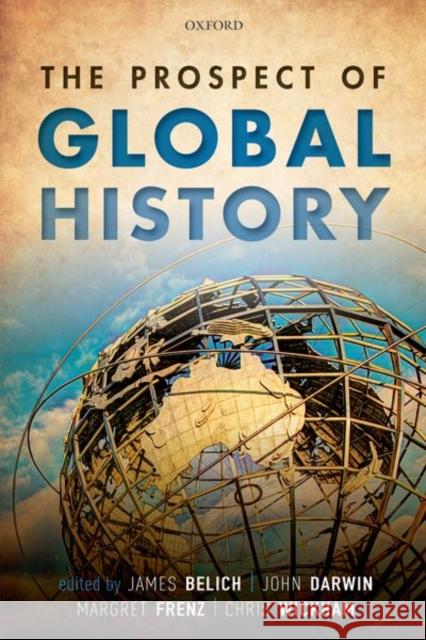The Prospect of Global History » książka
topmenu
The Prospect of Global History
ISBN-13: 9780198820680 / Angielski / Miękka / 2019 / 240 str.
The Prospect of Global History
ISBN-13: 9780198820680 / Angielski / Miękka / 2019 / 240 str.
cena 136,17
(netto: 129,69 VAT: 5%)
Najniższa cena z 30 dni: 125,56
(netto: 129,69 VAT: 5%)
Najniższa cena z 30 dni: 125,56
Termin realizacji zamówienia:
ok. 16-18 dni roboczych.
ok. 16-18 dni roboczych.
Darmowa dostawa!
Kategorie BISAC:
Wydawca:
Oxford University Press, USA
Język:
Angielski
ISBN-13:
9780198820680
Rok wydania:
2019
Ilość stron:
240
Waga:
0.36 kg
Wymiary:
23.11 x 15.49 x 1.27
Oprawa:
Miękka
Wolumenów:
01











